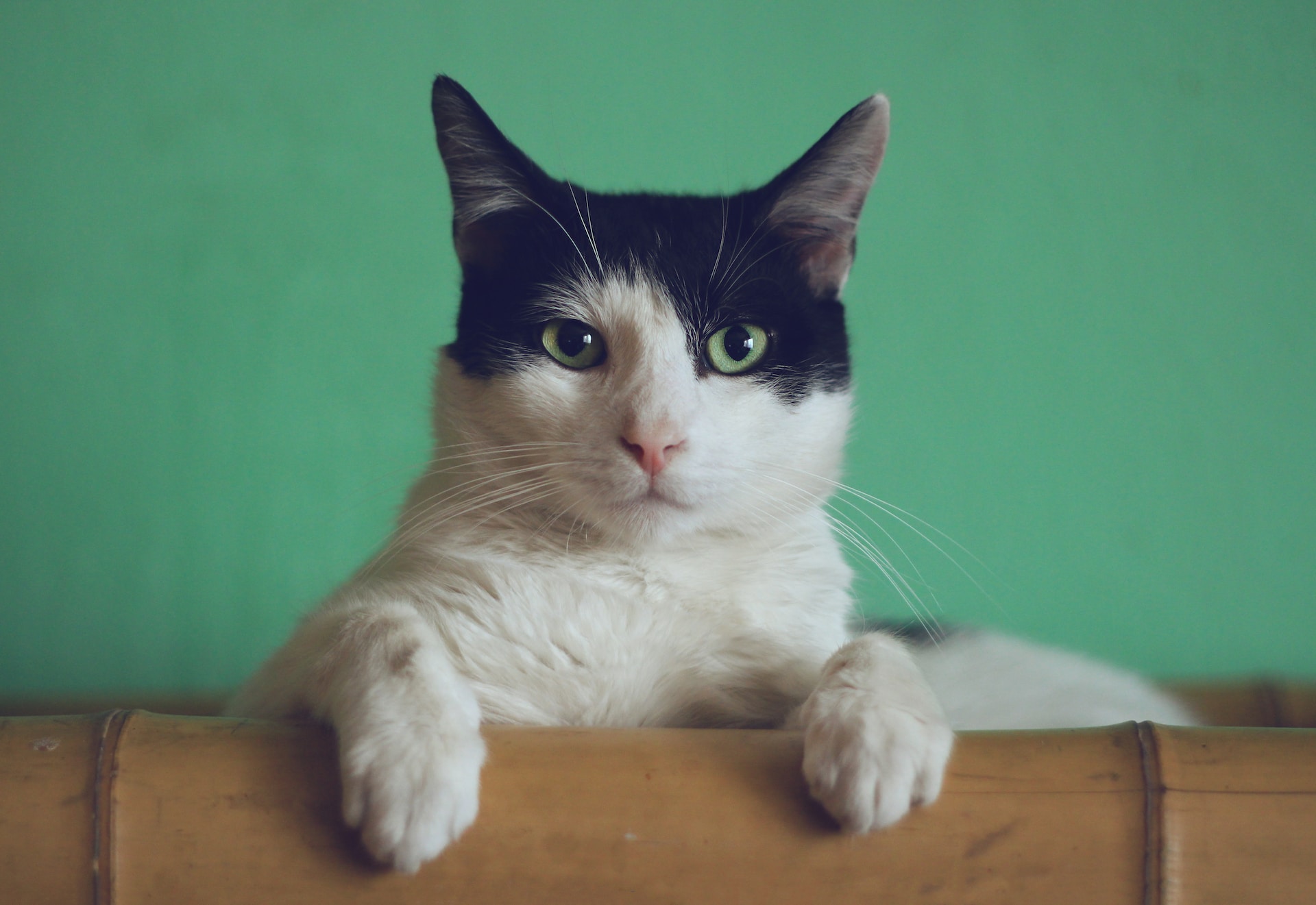
Why Is Your Cat Avoiding the Litter Box?
Cats are generally known for their impeccable cleanliness and grooming habits, so when a cat starts avoiding the litter box, it can be a cause for concern and frustration for pet owners. There can be various reasons why your feline friend is steering clear of the litter box, and it’s essential to address the issue promptly to ensure their health and happiness.
Health Concerns
One of the primary reasons a cat might avoid the litter box is underlying health problems. Cats are notorious for hiding signs of illness, and changes in their bathroom behavior can be an early indicator of a medical issue. Conditions such as urinary tract infections, bladder stones, or gastrointestinal problems can make urination or defecation painful, leading your cat to associate the litter box with discomfort. If your cat is avoiding the litter box, consult with your veterinarian to rule out any health issues.
Litter Box Cleanliness
Cats are exceptionally clean animals, demanding a clean and hygienic place to do their business. If the litter box is not adequately cleaned and maintained, your cat may opt for alternative spots, which can be a source of frustration for both you and your feline friend.
To ensure your cat’s litter box remains inviting, scoop it daily to remove waste and clumps, and make it a habit to replace the litter regularly. During litter changes, washing the litter box with mild soap and water can help prevent odors that might deter your cat from using it. A consistently clean litter box is key to keeping your cat’s bathroom behavior on track.
Litter Type and Texture
Some cats prefer clumping litter, while others may prefer non-clumping or natural alternatives like pine or wheat-based litters. Cats can be quite particular about the type and texture of the litter they prefer, so it’s essential to find the right fit for your feline friend.
Some cats have a strong preference for clumping litter, appreciating its ease of scooping and odor control properties. On the other hand, some cats may lean toward non-clumping or natural alternatives like pine or wheat-based litters. Experimenting with different types of litter can help you determine your cat’s preference.
Litter Box Location
The location of the litter box can significantly impact your cat’s willingness to use it. Cats prefer a quiet and private spot where they can do their business without feeling vulnerable. Avoid placing the litter box in high-traffic areas, near their food and water bowls, or in noisy spots. Multiple cats in the household may also influence litter box location preferences, so consider providing multiple boxes in different areas.
Litter Box Size
The size of the litter box matters, especially for larger cats. If the litter box is too small or cramped, your cat may find it uncomfortable to use. Cats prefer having enough space to move comfortably and dig in the litter. Ensuring a large litter box is appropriately sized for your cat can significantly affect their willingness to use it. Some cats may prefer larger, open-top boxes, while others may favor covered ones for added privacy and security.
Litter Box Trauma
Sometimes, a cat can develop negative associations with the litter box due to a traumatic experience. For example, if your cat had a painful incident or accident in the litter box, they may avoid it in the future out of fear or discomfort. In such cases, it’s crucial to reintroduce your cat to the litter box gradually and patiently. You can also try using a different style or type of box to see if it alleviates their anxiety and helps rebuild their confidence in using the litter box as a safe and comfortable space.
Conclusion
When your cat starts avoiding the litter box, it’s crucial to investigate the underlying cause and take appropriate action. Understanding your cat’s preferences and addressing potential health issues, cleanliness concerns, or sources of stress can help ensure that your cat returns to using the litter box consistently. Remember that patience and a proactive approach are key to resolving litter box issues and maintaining a happy and healthy relationship with your feline companion.


